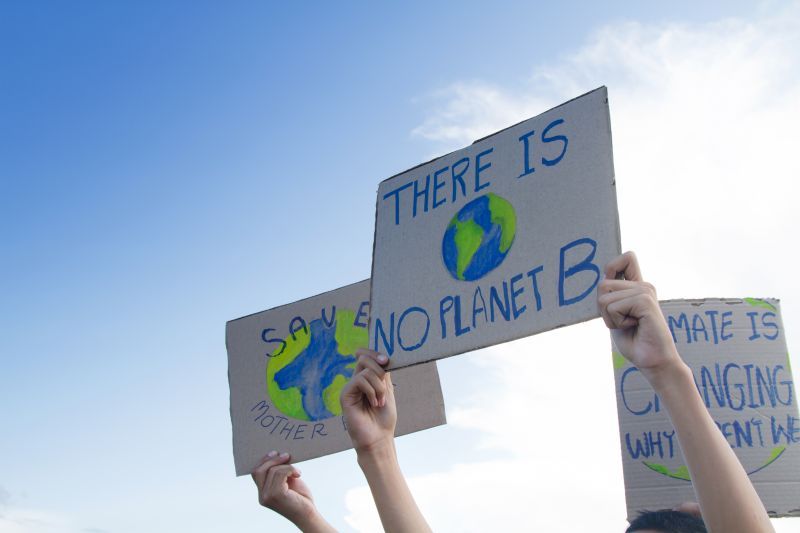
By sharing knowledge on issues of international development policy and implementation a group of ten members of Cooperatives Europe is helping to tackle the world’s most pressing challenges. Set up in 2008, the Cooperatives Europe Development Platform (CEDP) enables members to bring different expertise to the table. Building on the work of the network, the ICA and its regional offices entered into a partnership with the European Commission in 2016.
The ICA-EU partnership (also called #coops4dev?) focuses on increasing visibility, enhancing advocacy, sharing capacity building, and strengthening co-operative development networking, supporting all these with evidence from exhaustive research.
To address climate change, CEDP members actively support local communities around the world through cooperatives to help to achieve the United Nations’ Sustainable Development Goals.
The cooperative principles that focus on fulfilling members’ needs and concern for community make cooperatives relevant partners in tackling climate change and achieving SDG 13 (Climate Action). Below, are a number of projects lead by CEDP members, which play a part in achieving such objectives:
Agroforestry and Sustainable Practices in Agriculture
CEDP member We Effect supports the development of democratic organisations like cooperatives, that serve the collective needs of their members’ livelihoods. Working with local oganisations and cooperatives in 20 countries, We Effect supports partner organisations to influence environmental advocacy and policy decisions, among other issues. They also help promote organic agriculture and agroecology, rain harvesting techniques and sustainable land management.
Here are a few examples of their work:
- In East Africa, the project ‘Agroforestry for Livelihood Empowerment Programme (ALIVE)’, in partnership with Vi Agroforestry, supports the sustainable use of natural resources within the Lake Victoria Basin by strengthening the capacity of local farmer organisations to deliver services to their members and amplifying their voices.
- In East and Central Africa, a project called ‘Inclusive Policy Environment for Sustainable Agriculture (IPESA)’ in partnership with the East African Farmers' Federation, aims to help build of a well-functioning organisation, able to deliver on its mandate within the African region.
- In El Salvador, the project ‘Sustainable Agricultural Development With Food Sovereignty’ promotes gender equity in sustainable agricultural development, with gender equity in organisations affiliated to CONFRAS (Confederación de Federaciones de la Reforma Agraria Salvadoreña de R.L.).
Mobilising Citizens Around The Energy Transition
Rescoop EU, the European Federation of citizen energy cooperatives, aims to give ‘power to the people’ and represents 1.500 energy cooperatives and one million people across Europe. Projects include:
- • The ECCO project, which aims at accelerating the start-up of local Energy Community Cooperatives (ECCOs) in northwest Europe (Belgium, Ireland, Denmark, Netherlands, France, United Kingdom).
- • WiseGRID, whose main objective is to provide a set of solutions and technologies, to increase the smartness, stability and security of an open, consumer-centric European energy grid. It is currently implemented in Italy, Belgium, Spain and Greece.
- • The Secretariat of the Clean Energy for EU Islands Initiative, an initiative supported by the European Commission, which aims at catalyzing the clean energy transition on all EU islands.
The Key Role Of Partnerships In Tackling Climate Change
CEDP members work together, partner with local organisations in the field to establish and strengthen synergies with a wide range of like-minded organisations.
Partnerships between organisations are vital to take climate action while leaving no one behind. This highlights the importance of SDG 17 and of catalysers, such as the CEDP and the ICA-EU Partnership #coops4dev.
CEDP members organisations conduct projects linked to a wide range of areas and topics. Discover more on the website of the platform.
This article has been co-funded by the European Union. The content of this article is the sole responsibility of the Cooperatives Europe and can in no way be taken to reflect the views of the European Union.





